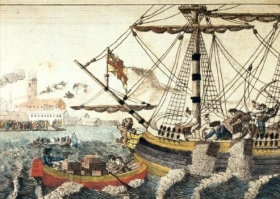This commentary by Prof. Jeffrey MacIntosh was first published in the Financial Post on November 23, 2010.
Do the feds have the constitutional jurisdiction to create a national securities regulator? Not surprisingly, the federal government thinks so. Also not surprisingly, the government of Quebec does not. Quebec has referred the matter to the Quebec Court of Appeal for a decision (just as the feds have sent a reference to the Supreme Court of Canada, but the Quebec court gets the first kick at the can).
Ottawa’s legal case, in a recently filed factum with the Quebec Court of Appeal, totters on the brink of schizophrenia. At the outset, the factum invites the court to conclude that the issue of constitutionality “does not involve a performance assessment of the existing 13 provincial and territorial regulators.” But, mirabile dictu, much of the balance of the argument is sedulously devoted to demonstrating the manifest superiority of federal legislation. Go figure.

